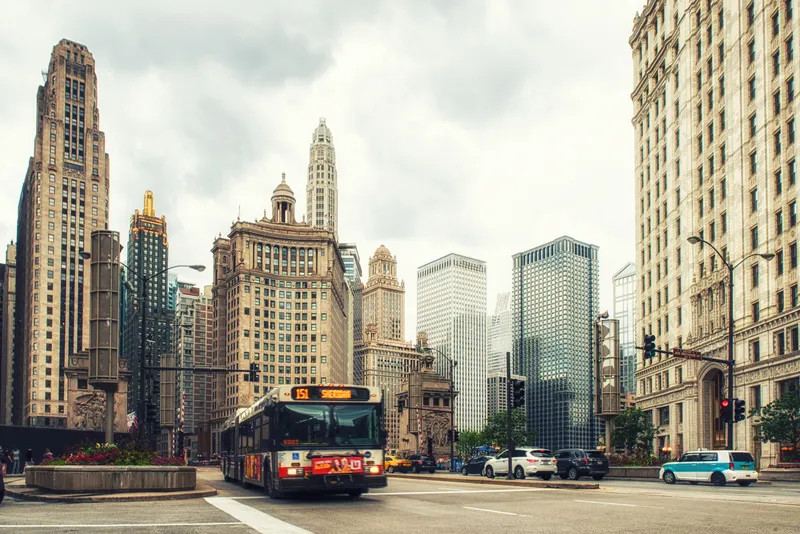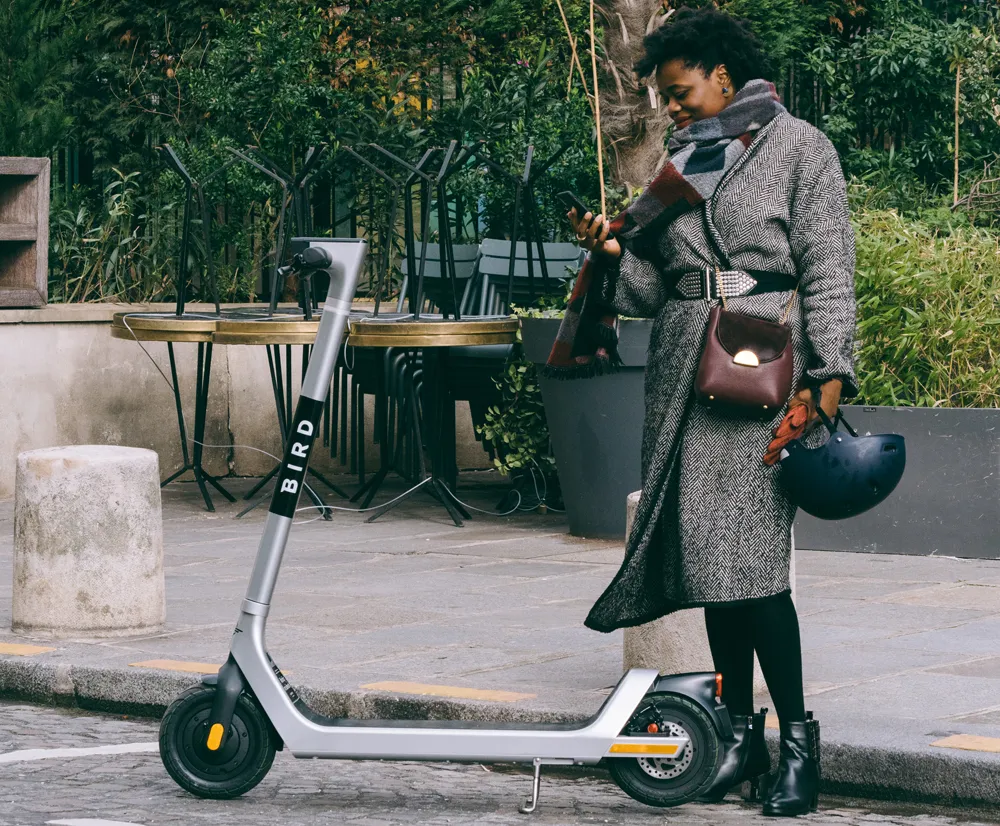
More than 100 transit agencies have joined the American Public Transportation Association (APTA)'s programme to promote practices aimed at keeping passengers safe during the coronavirus pandemic.
The Health and Safety Commitments Programme was developed after asking transit users what measures would make them feel more comfortable riding public transportation amid concerns about Covid-19.
In short, transit agencies need to demonstrate they are following official public health guidelines in order to earn riders’ confidence.
This means frequently disinfecting vehicles and making face coverings mandatory, informing passengers of the safest times and routes to travel and requiring riders and employees to avoid public transit if they have been exposed to Covid-19 or feel ill.
Phil Washington, APTA mobility recovering and renegotiation task force chair, says: “In developing this industry-wide commitments programme, we are working to build back public confidence in riding transit by increasing sanitisation practices, requiring masks for all customers and operators and working around the clock to keep our frontline essential employees healthy.”
Additionally, transit agencies are now reiterating a request for the US Congress and the federal government to provide billions of dollars to ensure public transit services can continue to operate - and thereby aid the nation's recovery.
APTA CEO Paul P. Skoutelas says the programme “makes the need for at least $32 billion in additional emergency funding that much more urgent and critical”.
Participating authorities in the APTA programme include the Washington Metropolitan Area Transit Authority, Chicago Transit Authority, Georgia Regional Transportation Authority and Los Angeles County Metropolitan Transportation Authority.









